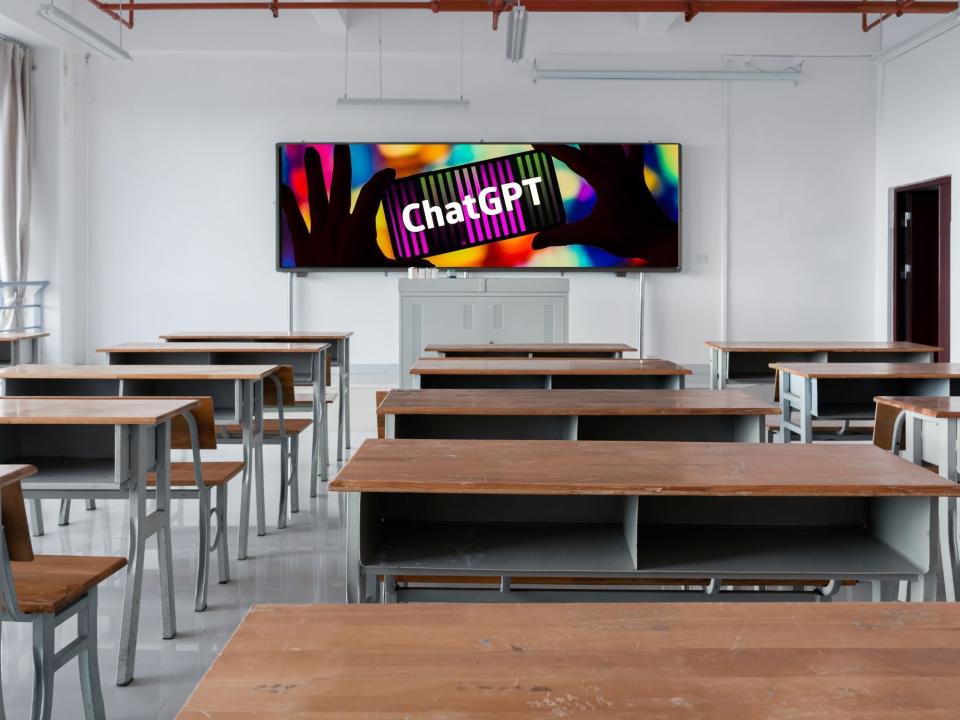Even OpenAI's own detection service can't tell AI-generated work apart — the company quietly took it down over accuracy concerns

OpenAI quietly removed its tool for detecting writing generated by AI, citing accuracy concerns.
Fears of students using generative AI like ChatGPT to cheat have driven some schools to ban its use.
Experts told Insider ChatGPT exacerbates underlying issues in education — like excessive testing and formulaic essays.
OpenAI, the creator of viral chatbot ChatGPT, has quietly scuppered a tool that detects AI-generated text, citing accuracy concerns.
"As of July 20, 2023, the AI classifier is no longer available due to its low rate of accuracy," OpenAI wrote as a four-line update to a blog post that had previously announced the tool's release back in January.
"We are working to incorporate feedback and are currently researching more effective provenance techniques for text," the update said.
Back when OpenAI launched the AI detection tool — aimed to help educators detect academic cheating — it had acknowledged that "identifying AI-written text has been an important point of discussion among educators," but AI detection tools have limitations and should not be the primary basis of decision-making.
Rebecca Tan, a lecturer at the National University of Singapore, told Insider that educators are adapting to a reality where generative AI is widely available."Many of the reasons why students might use AI tools —like stress and wanting a shortcut, not seeing the value of their education — are not issues that I can solve on my own as an individual educator."
And it's not just OpenAI's detection tool that's throwing up accuracy red flags.
On Monday, Turnitin — a plagiarism-checker software used by schools — said the company's new tool which "detects similarities to AI writing" has reviewed over 65 million papers since its launch in April. However, when the Washington Post tested Turnitin's accuracy rate, the publication found the software incorrectly identified over half of the text fed into it.
Other outlets, like Rolling Stone, Times Higher Education, and USA Today, have reported separate incidents of students being falsely accused of using AI to cheat by Turnitin.
Experts told Insider in January that ChatGPT only exacerbates underlying issues in education, like an overemphasis on tests and formulaic essays, in response to concerns about the use of generative AI to cheat in schools.
"As long as we're focusing on education as outputs, the GPTs, and AI will be a threat, but it can't replace the process of problem-solving, which is the real way to learn," Leah Henrickson, a lecturer at the University of Leeds, told Insider at the time.
OpenAI did not respond to a request for comment from Insider, sent outside regular business hours.
Read the original article on Business Insider
